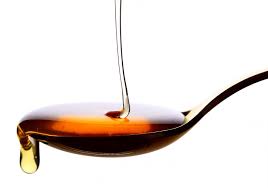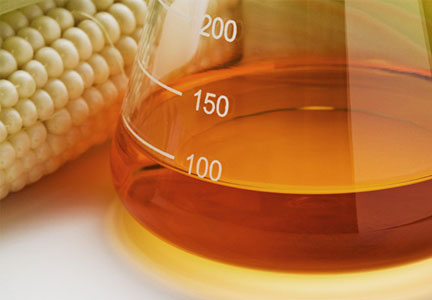High Fructose Corn Syrup: (HFCS) is a common sweetener found in many processed foods and beverages. Due to its low cost and long shelf life, it has become a popular alternative to sugar. However, its potential health effects have sparked controversy and raised concerns about its impact on our health. In this blog post, we’ll explore what HFCS is, how it may affect our health, and some popular foods that contain this sweetener.
High Fructose Corn Syrup: What is it?
HFCS is derived from corn starch, which is processed to convert glucose into fructose. The result is a syrupy mixture of glucose and fructose, with the most common forms being HFCS-42 (42% fructose) and HFCS-55 (55% fructose). It is widely used in the food industry due to its sweetness and versatility.
Potential Health Effects of HFCS
Some studies have suggested that consuming large amounts of HFCS may have negative health consequences, particularly in relation to obesity, type 2 diabetes, and cardiovascular diseases. While the research is not entirely conclusive, several factors may contribute to these potential health concerns:
High Calorie Content
Like other sugars, HFCS is high in calories, which can lead to weight gain if consumed excessively. This may, in turn, increase the risk of obesity, diabetes, and heart disease.
Fructose Metabolism
Fructose is metabolized differently than glucose, primarily in the liver. Excessive fructose consumption can contribute to the development of non-alcoholic fatty liver disease and insulin resistance, both risk factors for type 2 diabetes and cardiovascular diseases.
Increased Appetite
Some studies have shown that fructose may not suppress the hunger hormone ghrelin as effectively as glucose, potentially leading to increased appetite and overeating.
Popular Foods Containing HFCS
Many processed foods and beverages contain HFCS. Some of the most common include:
- Soft drinks and fruit-flavored beverages
- Candy and chocolate bars
- Salad dressings and sauces
- Breakfast cereals
- Baked goods, such as cookies and pastries
- Yogurts and flavored milk products
- Ice cream and other frozen desserts
While consuming small amounts of HFCS in moderation is unlikely to cause significant harm, it is advisable to limit your intake of added sugars, including HFCS. The American Heart Association recommends that women consume no more than 6 teaspoons (25 grams) and men no more than 9 teaspoons (38 grams) of added sugar per day.

To maintain a healthy diet, it is essential to be mindful of the amount of added sugars we consume, including HFCS. Limiting the intake of processed foods and beverages, as well as opting for fresh fruits, vegetables, and whole grains, can help reduce the risk of chronic diseases.
For more information, please visit the following resources:

